
What Does Your Name Say about You?
What if your last name could unlock secrets about your personality, heritage, and the hidden stories of your ancestors? Dive into the fascinating world of surnames and discover the surprising truths your family name reveals.
Surnames, or last names, haven't always been a part of human culture. Most people didn't start using them until after the Norman conquest of England in 1066. As the population grew, it became necessary to distinguish between individuals more precisely.
What started as simple descriptions, like "Thomas the Baker" or "Elizabeth of the Field," eventually evolved into the surnames we recognize today.

The name "Francis Scott Fitzgerald" written on a book's page | Source: Pexels
But did you know that these names can reveal fascinating details about your family's history and even hint at traits passed down through generations?
Today, there are an estimated 45,000 different English surnames, each with its own unique story. Understanding these origins can unlock a treasure trove of information about your ancestors and the lives they led.
Whether your name is tied to an occupation, a location, or even a personal characteristic, it holds the key to your past. Let's dive into the different types of surnames and what they can reveal about you.

A heart-shaped lock and key on a pink background | Source: Unsplash
1. Occupational Surnames: Your Ancestor's Job Title
One of the most common types of surnames is occupational. These names were used to identify a person based on their job or role in society.
For example, if your last name is "Smith," your ancestors likely worked as blacksmiths, a vital profession in medieval times. Similarly, a "Carpenter" worked with wood, while a "Baker" was responsible for making bread.
Other occupational surnames include:
Archer: A skilled bowman.
Brewer: Someone who made beer.
Butcher: A person who prepared meat for sale.
Farmer: A worker of the land.
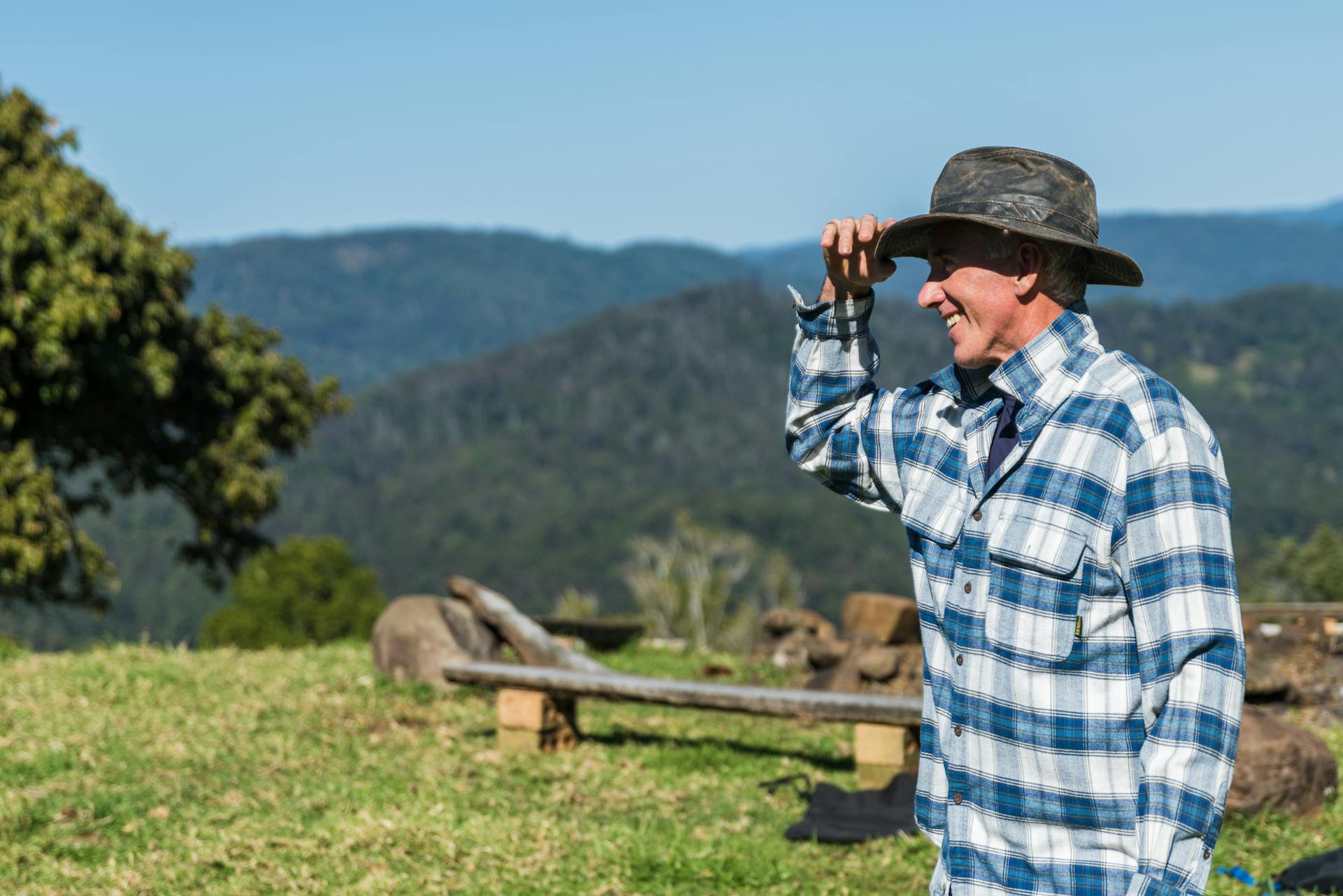
A man wearing a blue and white checked shirt and a black hat standing on a farm | Source: Pexels
Taylor: Someone who sewed clothing.
Weaver: A person who wove fabrics.
These names not only tell us about what your ancestors did for a living but also give us clues about the social structure of the past. For example, someone named "Knight" might not have been a knight themselves but could have served one, indicating their role in society was tied to that of their lord.
Interestingly, some occupational surnames also hinted at the person's relationship with their employer. A surname like "Vickers" could suggest that the person provides services to someone named Mr. Vicker.

A grayscale photo of a boss and their employee | Source: Midjourney
Similarly, "Williams" might imply that the person worked for or was associated with someone named William.
2. Descriptive Surnames: Traits Passed Down
Another fascinating category of surnames comes from personal characteristics or nicknames. These names often describe a physical trait, personality, or even a particular habit that sets an individual apart.
Some examples include:
Short: Possibly describing someone of shorter stature.
White: Refers to someone with fair hair or complexion.
Strong or Armstrong: Indicating physical strength.
Swift: Suggesting someone fast or quick.

A silhouette of a person raising their arm in the air symbolizing power and strength | Source: Unsplash
These surnames provide insight into how your ancestors were perceived by their peers. A surname like "Peacock" might suggest that an ancestor was considered vain or flamboyant, while "Stern" could imply a serious or strict demeanor.
3. Location-Based Surnames: A Sense of Place
Some surnames are derived from the places where people lived, worked, or owned land. These location-based surnames are known as habitational surnames, and they often refer to a specific house, farm, hamlet, town, or geographical feature.
For example:
London: Possibly indicating an ancestor who lived in or near London.
Field: Suggesting someone who lived near a field.
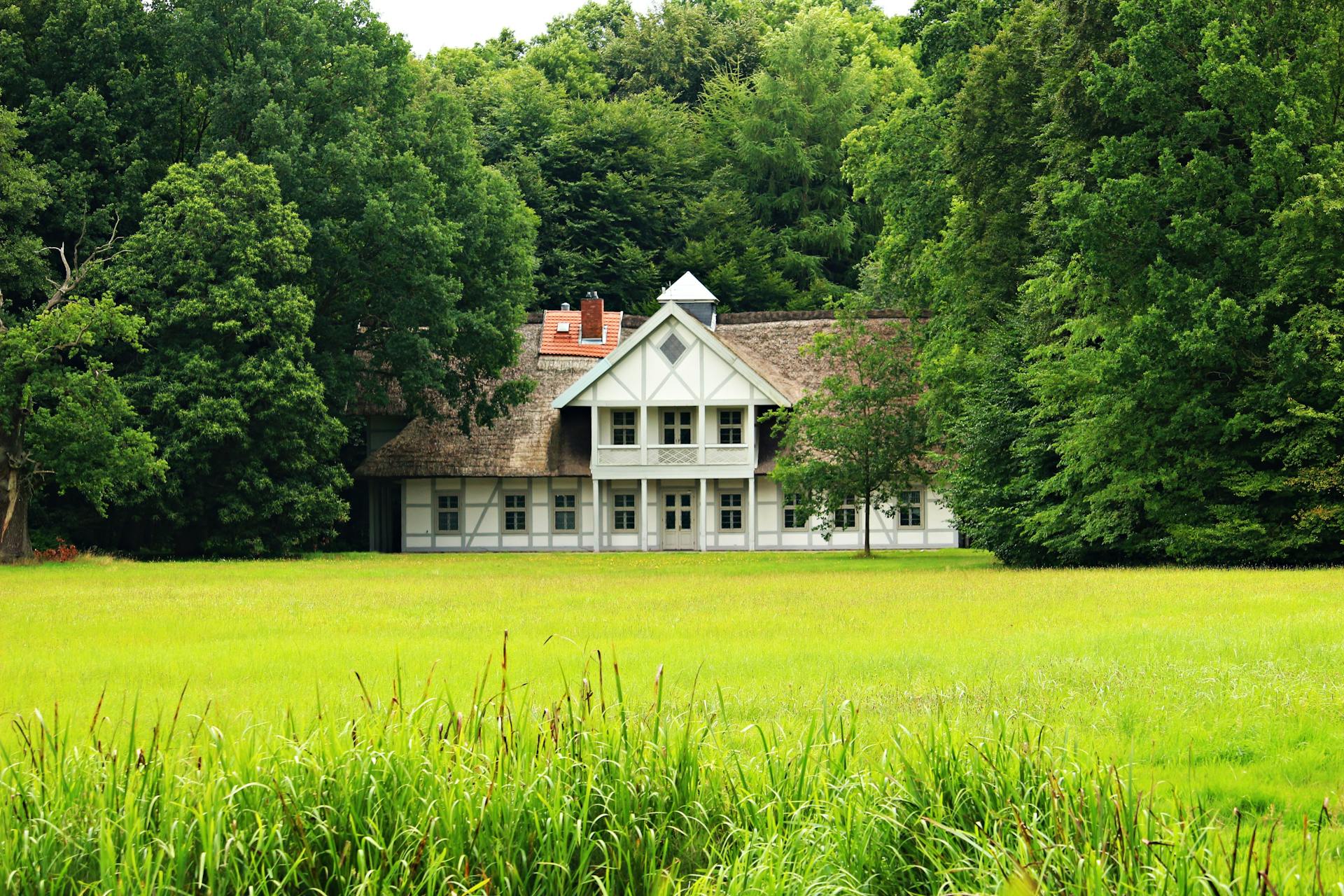
A concrete house near a field | Source: Pexels
Hall: A person who lived or worked in a nobleman's hall.
Brooks: Indicating a person who lived by a brook or small stream.
These names provide clues about where your ancestors came from and the environments they inhabited. For instance, the name "Greenwood" likely originated from someone who lived near a wooded area.
4. Estate Names: Wealth and Power
For those descended from landowners or nobility, surnames were often derived from the names of their estates, castles, or manors. These surnames carried significant prestige and were a clear indicator of the family's wealth and social standing.
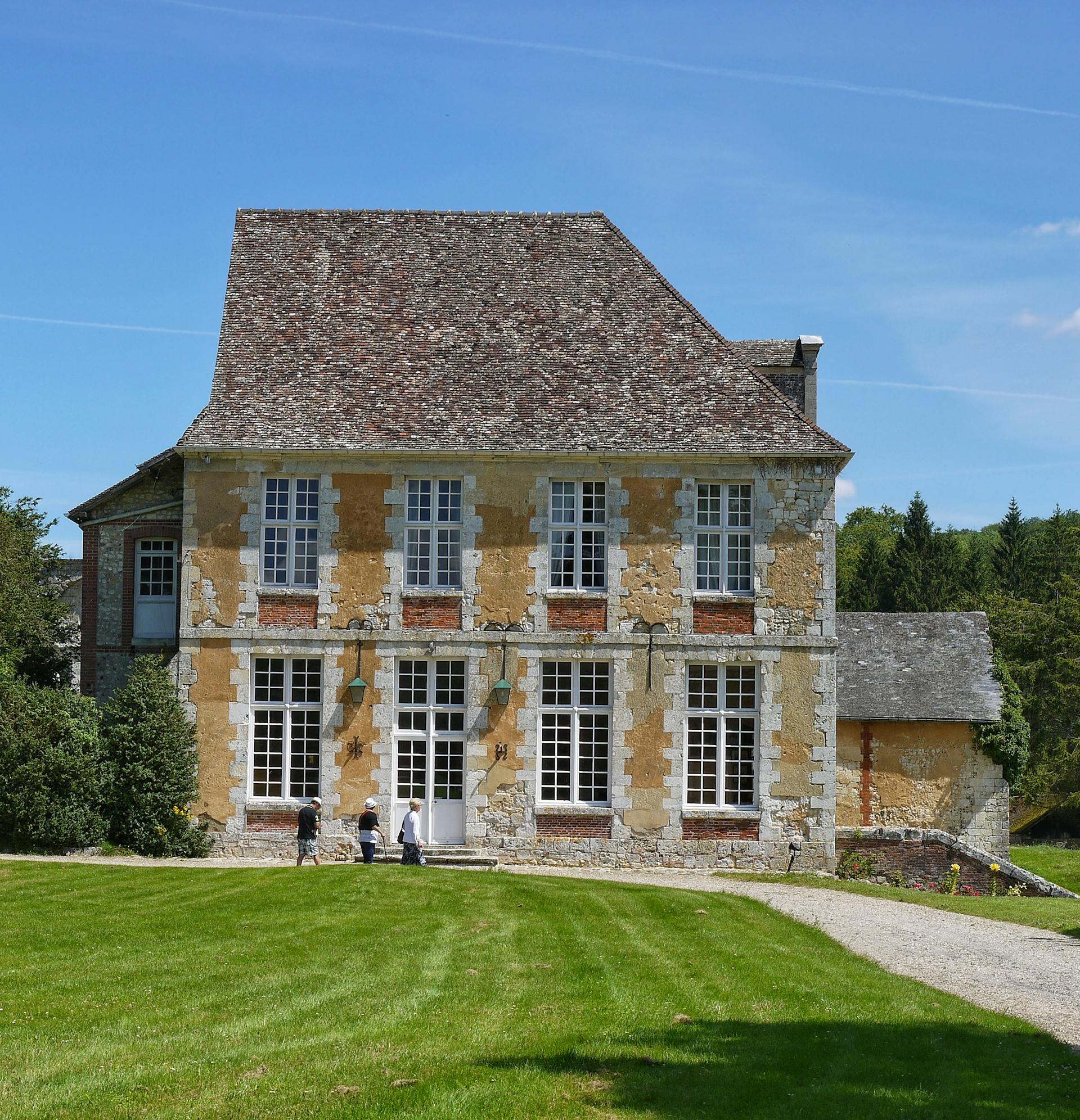
An old manor | Source: Pexels
Notable examples include:
Windsor: The surname of the British royal family, derived from Windsor Castle.
Beauchamp: Meaning "beautiful field," and associated with English and French nobility.
Cavendish: Linked to the Dukes of Devonshire.
These surnames often denoted not only the family's wealth but also their influence and power. For instance, the name "Windsor" was adopted by King George V in 1917 to give the British royal family a distinctly English identity during World War I.
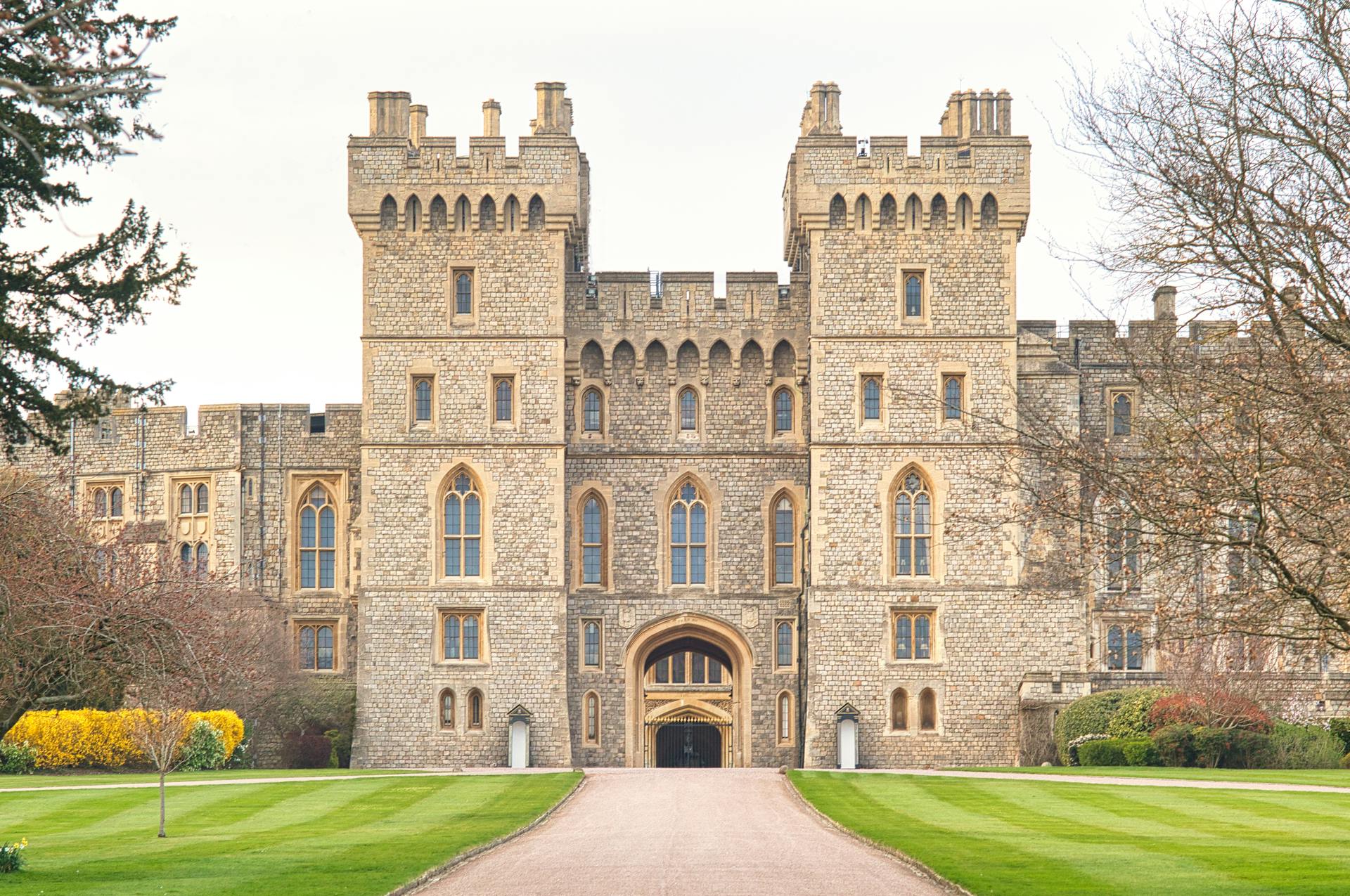
The face of the Windsor Castle | Source: Pexels
5. Geographical Feature Surnames: Nature's Influence
Some surnames are derived from natural features in the landscape, reflecting the connection between people and their environment. These surnames often describe the natural surroundings where an ancestor lived.
Examples include:
Hill: Referring to someone who lived on or near a hill.
Wood: Indicating a person who lived near or in a forest.
Stone: Suggesting someone who lived near a notable stone or rock formation.
Lake: Referring to someone who lived by a lake.

A house by the lake | Source: Midjourney
These names highlight the importance of nature in the lives of your ancestors and how they relate to their environment. A surname like "Perry" could indicate that your ancestors lived near a pear tree, while "Bridge" might suggest proximity to a crossing point over a river or stream.
6. Ancestral Surnames: A Family's Lineage
Patronymic and matronymic surnames are derived from the given names of an ancestor, typically a father or mother. These names often include "son" or "daughter," indicating the lineage from which a person descends.
Common examples include:
Johnson: Meaning "son of John."
Harrison: Meaning "son of Harry."

A grayscale photo of a father and son sitting on a hammock | Source: Pexels
Madison: Originally meaning "son of Maud," indicating a matronymic origin.
In some cultures, surnames are also based on clans or extended families. Scottish clan names, such as "MacDonald" or "Campbell," indicate a person's belonging to a particular clan, a key part of their identity and heritage.
7. Surnames Signifying Patronage
Some surnames reflect a relationship of patronage, where an individual or family was supported by or served a more powerful figure. These names often indicate loyalty or service to a specific person or family.
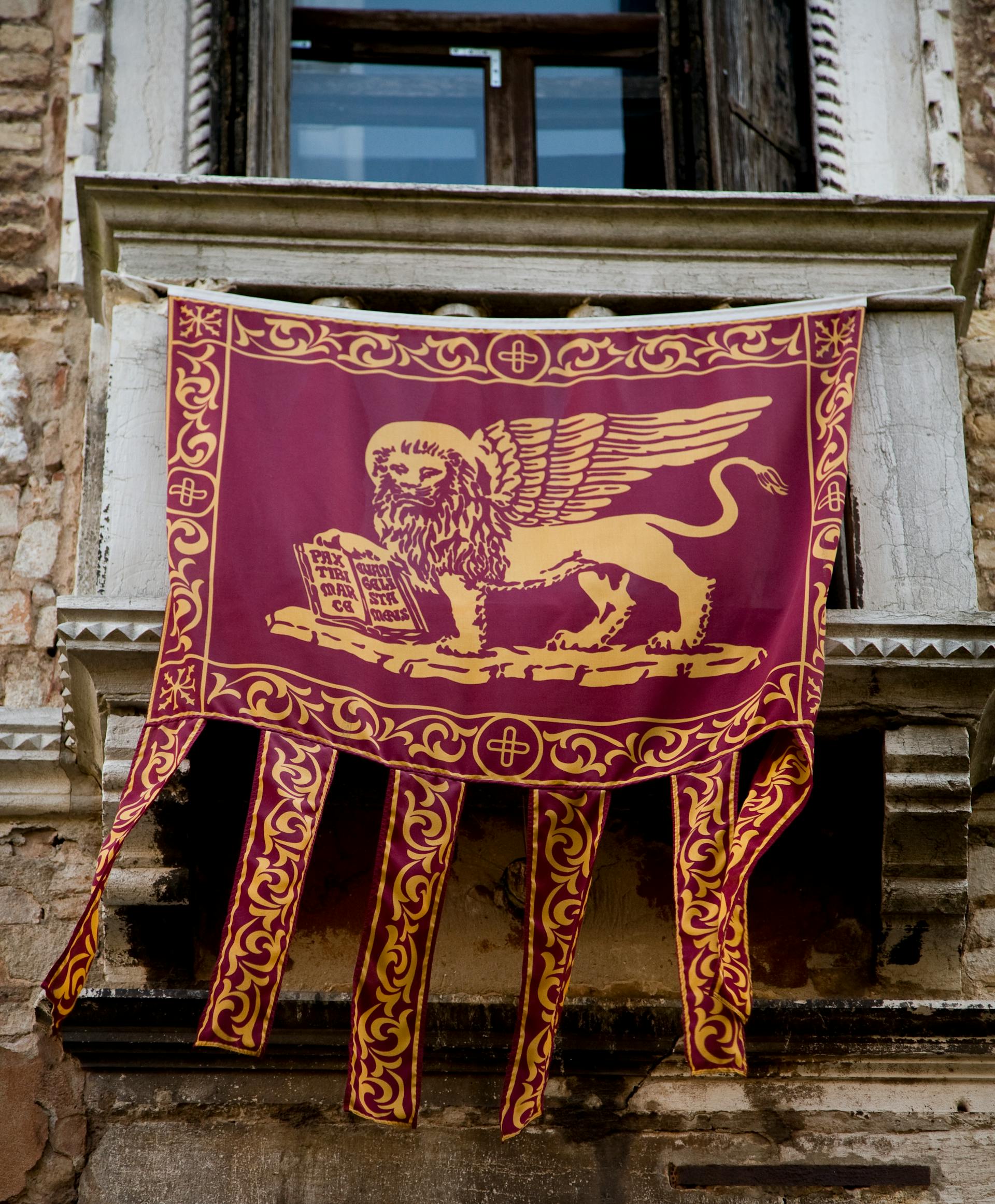
A banner of the Lion of St. Mark hanging on a balcony | Source: Pexels
Examples include:
Hickman: Meaning "Hick's man," with Hick being a nickname for Richard.
Kilpatrick: Meaning "follower of Patrick."
These surnames suggest a close association with a powerful figure or family, indicating a relationship that could have influenced the ancestor's status and opportunities in society.
Prestigious and Aristocratic Surnames: A Legacy of Sophistication
Certain last names exude an air of sophistication and are often associated with royalty or high social standing. These "fancy" surnames are linked to individuals or families with a rich historical or material legacy.
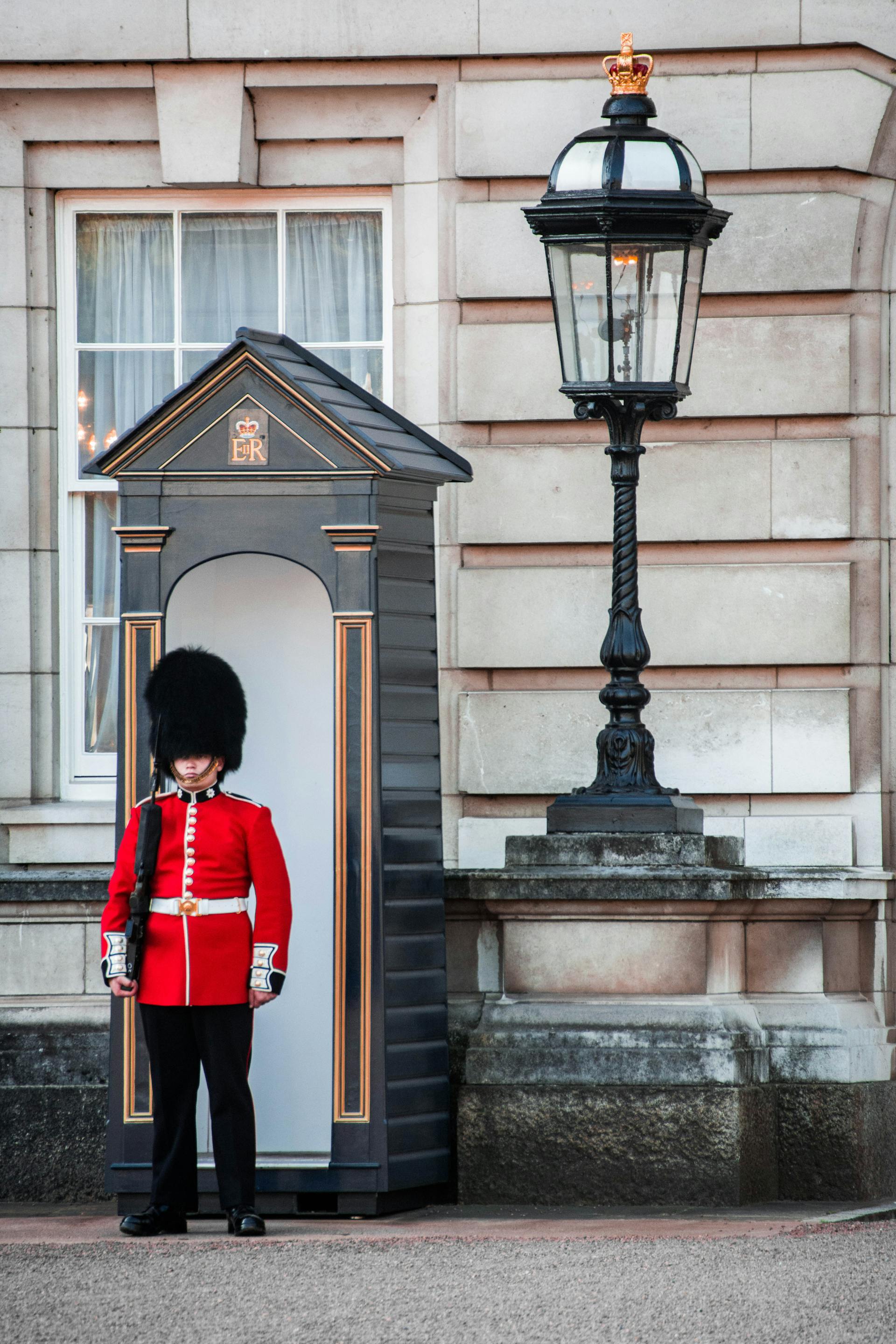
A royal guard standing outside Buckingham Palace | Source: Pexels
Here are a few examples:
Astor: A German surname meaning "goshawk" or "hawk," sometimes used to describe a person with a vulture-like nature. The Astor family became one of the wealthiest in America, with John Jacob Astor IV being a notable figure who tragically perished on the Titanic in 1912.
Rothschild: A Jewish and German habitational surname meaning "red sign," associated with the Rothschild banking dynasty. The Rothschild family rose to immense wealth and influence in Europe, becoming synonymous with financial power.

A briefcase full of money | Source: Pexels
DuPont: A French surname meaning "from the bridge," tied to the influential DuPont family, known for their impact on American industry, particularly in the manufacturing of chemicals like nylon and Kevlar.
Orsini: An Italian surname with roots in the Roman aristocracy, meaning "bearlike." The Orsini family has a storied history, with members serving as popes and playing significant roles in medieval and Renaissance Rome.
Montague: A French and English surname combining the words "mont" (hill) and "agu" (pointed), famously known from Shakespeare's Romeo and Juliet. The Montague family has deep historical connections in both France and England.
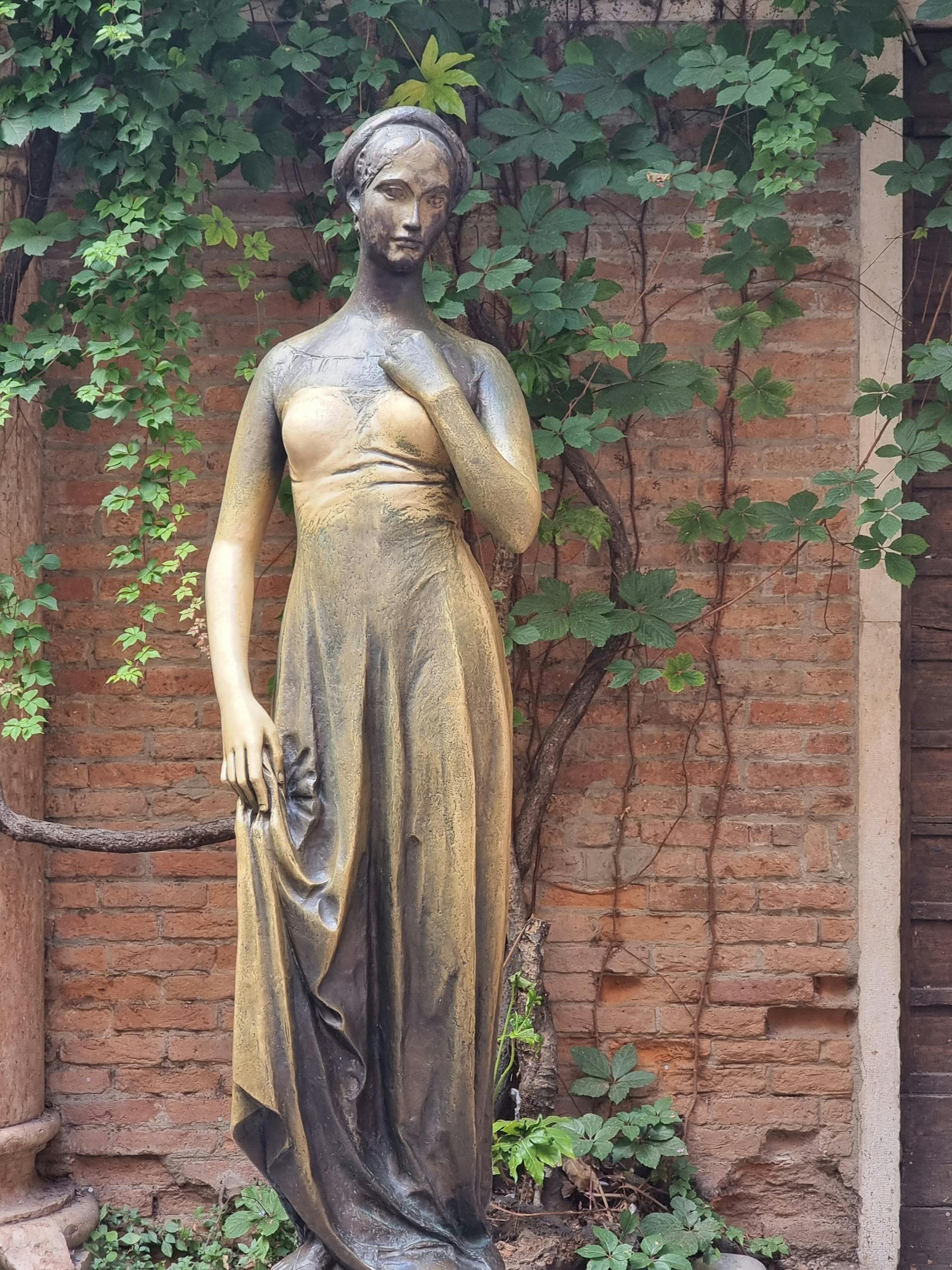
A metal statue of Juliet by a brick wall with a creeper plant | Source: Pexels
These surnames often signify wealth, power, and a deep connection to history and tradition. If your last name falls into this category, researching its origins can provide a fascinating insight into your family's place in the broader tapestry of history.
Your last name is more than just a label: it's a gateway to your past, offering insights into your heritage and the hidden traits passed down through generations. By understanding the origins and meanings of your surname, you can gain a deeper appreciation for the stories and experiences that have shaped who you are today.

A person wearing framed eyeglasses standing on the road | Source: Pexels
So, what does your name reveal about you? The journey of discovery begins with a single word: your surname.
If you found this article intriguing, here's another one that you might like even more: Ever wondered what your face says about you? Take our fun quiz to discover the personality traits your face could be revealing!
What Your Appearance Says about You
They say the eyes are the windows to the soul, but what about the rest of your face? Believe it or not, the shape of your face might reveal more about your personality than you think!

Three smiling women | Source: Pexels
Whether you're an oval-faced overachiever or a square-faced leader, your facial features could be influencing how others perceive you—and even how you see yourself.
Your Face and Perceptions
Certain facial features, like upturned eyebrows or a naturally smiling mouth, can make you seem more trustworthy to others.
This isn't just a small thing — research from Florida found that people with "less trustworthy" facial features were more likely to get a death sentence. And in some cases, these individuals were later found innocent. Shocking, right?

A shocked woman | Source: Pexels
Facial Features and Strength
Your face doesn't just shape perceptions of trustworthiness — it can also influence how strong people think you are. A study from New York University revealed that wider faces are often associated with greater physical strength.
You can read the rest of the article by clicking here.
